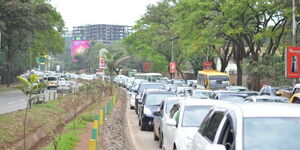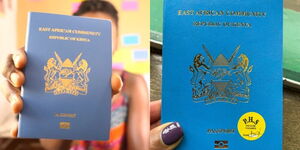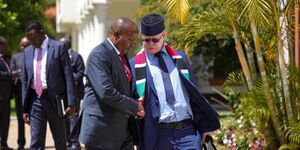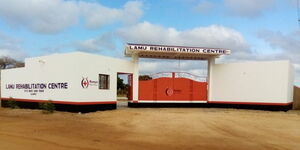Motorists from Nairobi and across the country often encounter rogue government drivers who often drive on the wrong lane and harass other drivers when they overlap.
However, what many motorists don't know is that they can report the road indiscipline cases to the Government Vehicle Check Unit (GVCU) and have their issue addressed.
The GVCU is a special unit within the traffic department that cracks down on the misuse of government vehicles.
The unit is responsible for cars assigned to officers serving in ministries, National Police Service, parastatals, county governments, public schools and colleges. However, the GVCU officers do not inspect PSV and private vehicles because it is out of their jurisdiction.
Members of the public are urged to use the hotline number 0736875136 to report any form of misuse of government vehicles.
The unit expects government drivers to set high standards on the road at all times and should avoid drunk driving, smoking and talking on mobile while driving.
Out of 2,093 detected cases of misuse of government vehicles, 1,029 cases have been fined a total of Ksh9,360,848 as surcharge fees while 1,064 cases are yet to pay.
Proper record-keeping coupled with fast and effective communication enables the unit to urgently respond to cases of interest before being influenced.
Cases of interest revolve around senior government and parastatal officials who sometimes find themselves on the wrong footing and before they know it, the head of the Unit is alerted.
“By the time an affected senior government official calls me for lenience; I will have processed and dispensed with the case. Here, I only ask the affected officer/driver to comply and pay the surcharge, which they readily comply”, GVCU boss Perminus Kioi said.
As regards accidents involving GK vehicles, all government officers and drivers in charge of such vehicle must acquaint themselves with the provisions of the Traffic Act Cap 403, Laws of Kenya.
Below is a summary of work ticket infractions;
- Previous work ticket number not reflected
- Registration number not indicated
- Make of the vehicle not reflected
- Ministry/Department/Unit not indicated
- Station not indicated
- Name of the driver/personal numbers missing
- Name of authorizing officer/personal number/specimen signature not reflected
- No date/time out/time in indicated
- Speedometer reading at the beginning and end journey not indicated
- Previous journey kilometres covered not calculated and indicated
- Motor vehicle off authorised route
- Officer driver driving himself without authority from PS
- Advance authorization of the journey
- Operating on weekends
The work ticket should also indicate
- Motor vehicle defective parts i.e. speedometer, side mirror, lights, screens, stickers etc.
- Motor vehicle fitted with won out tyres, seat belts etc. and
It should be noted that failure to act on reported motor vehicle defect (s) will equally attract a surcharge. Towing of a civilian vehicle using a GK vehicle is prohibited.
The GVCU also mounts frequent training for GK drivers and sometimes responsible transport officers to ensure prudent use of government vehicles at their disposal.












